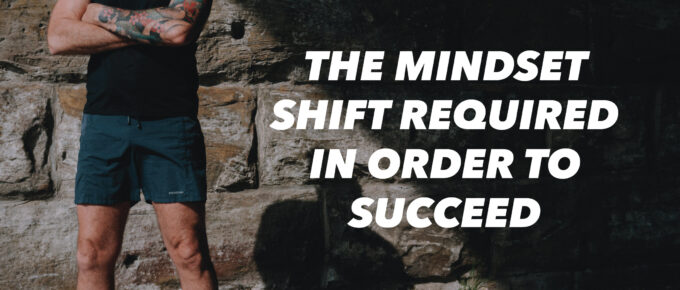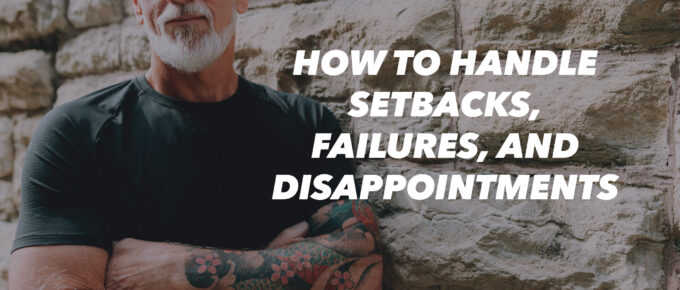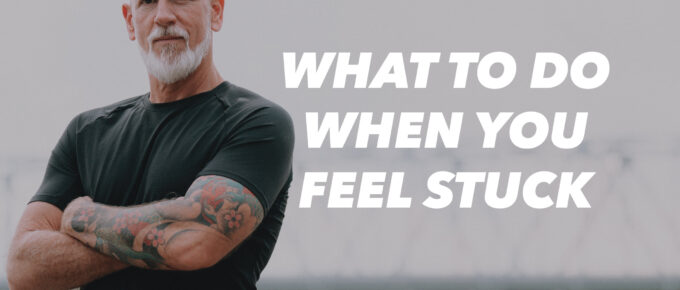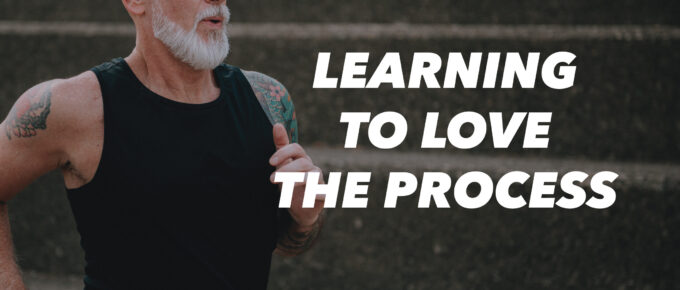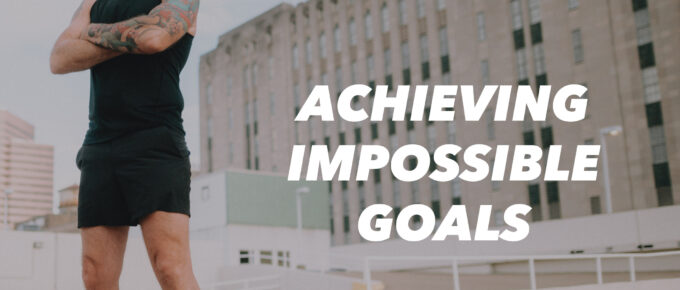Have you ever felt like you just can’t seem to make any progress toward a goal? Have you ever found it difficult to get started eating right or exercising regularly? Have you ever made some …
Continue Reading about 250. 3 Things You Need to Do to Get Yourself Unstuck →


